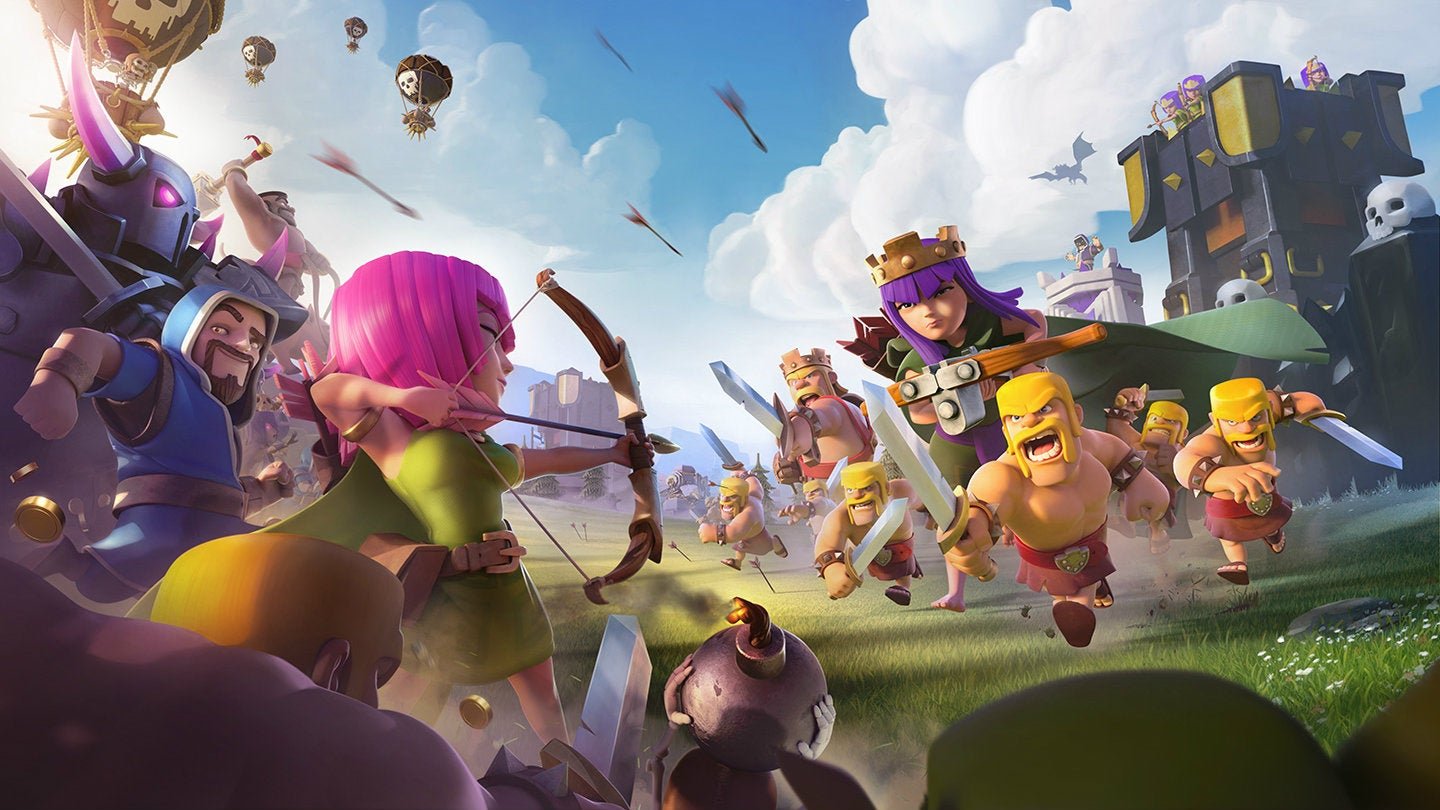China’s Tencent is about to acquire the maker of “Clash of Clans”
A giant in the mobile gaming industry is about to turn Chinese.


A giant in the mobile gaming industry is about to turn Chinese.
Supercell, the Finnish maker of the hit mobile game Clash of Clans, will soon be acquired by Chinese tech giant Tencent, the Wall Street Journal and the New York Times have each reported (paywalls). The purchase will reportedly value Supercell at $9 billion.
The deal will mark yet another acquisition of a foreign company by Tencent. It may be best known as the maker of WeChat, China’s largest messaging app, but the company’s bread and butter is games. In the first quarter of 2016 it generated over 17 billion yuan (about $2.6 billion) from online games, slightly less than half its total revenues.
In fact, Tencent has funded or purchased 26 gaming companies (link in Chinese) outside of mainland China, 13 of which are based in Europe or the US. Its most high-profile bids include its $330 million investment in Epic Games, maker of popular PC titles like Unreal Tournament, a $232 million (link to .pdf) purchase of a controlling stake in Riot games, maker of League of Legends (Tencent later acquired Riot in its entirety).
Purchasing Supercell will strengthen Tencent’s portfolio in mobile games, as opposed to desktop PC titles, which make up the bulk of its existing investments. Pocket Gems and Glu Mobile are two mildly successful smartphone games companies that the company has funded in the US. But they’re minor players compared to Supercell.
The company’s Clash of Clans is a rare breed in the mobile gaming industry. The title has has remained consistently popular throughout its whole lifespan—a rarity in the mobile game industry, where successes tend to be short-lived. Four years since it’s launch, it’s currently ranked the fourth top-grossing title in the US app store.
In 2015, Supercell generated $2.3 billion in revenue. It’s profits are just as impressive—the company netted $934 million that year, making it about four times more profitable than Nintendo.